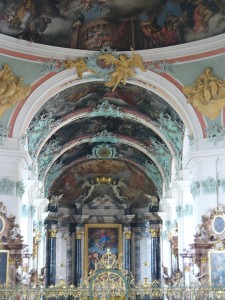An especially favorite uncle passed today; he was a tremendous brother to my mother, a great friend to my father, a wonderful husband and father to his family. I want to especially honor him today by reflecting on how he brought his heimat – the love and attachment to a homeland – to me, a nephew with whom he struggled to share a language, but with whom he communicated perfectly the importance of loving one’s family, one’s roots, one’s country and land. He never lost the projection of wonder he felt for the shared experience with his family and the connection of the family to the physical surroundings. I want to share these places with you , and in some small way, thank him, for making it all come real for me.
He was born and raised in Wattwil, a textile town founded in the middle Ages in the valley of the Toggenberg in the canton St. Gallen in the country of Switzerland, framed by the mountains he loved and first presented to me, the majestic Santis to the north and the Churfirsten to the south. He introduced me to mountains as venerated places and as wonderful windows on the bigger world that dwarfs us all.
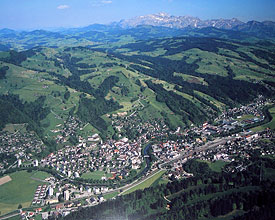
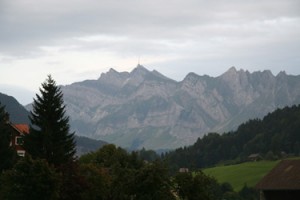


A religious man, he introduced me to the soaring accomplishments of spiritual builders of hundreds of years before, in the spectacular facades and cornices of the Benedictine monastery at Einsiedeln.
A physically fit and active man, he introduced me to skiing at Hoch -Ybrig and Engelberg and the wonders of hiking at Grindelwald and the End Of The World at Engelberg.
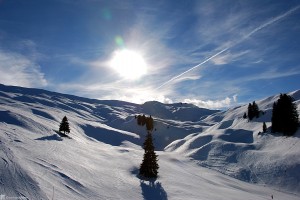
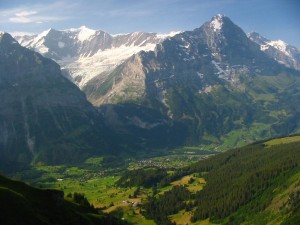
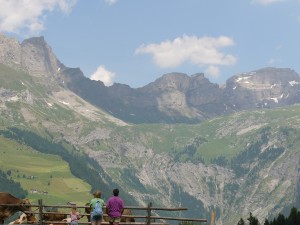
A family man, he introduced me to my wonderful cousins, who have brought me into their lives and successes and cemented in me forever the awareness of the connection of people overwhelming any obstacle of time or distance.
For all he brought all of us, I will miss him dearly, remember him always, and wish him so very well on his new journey.


